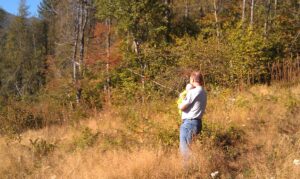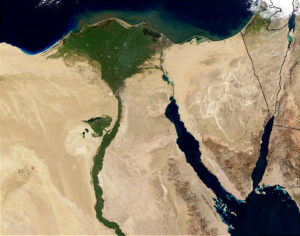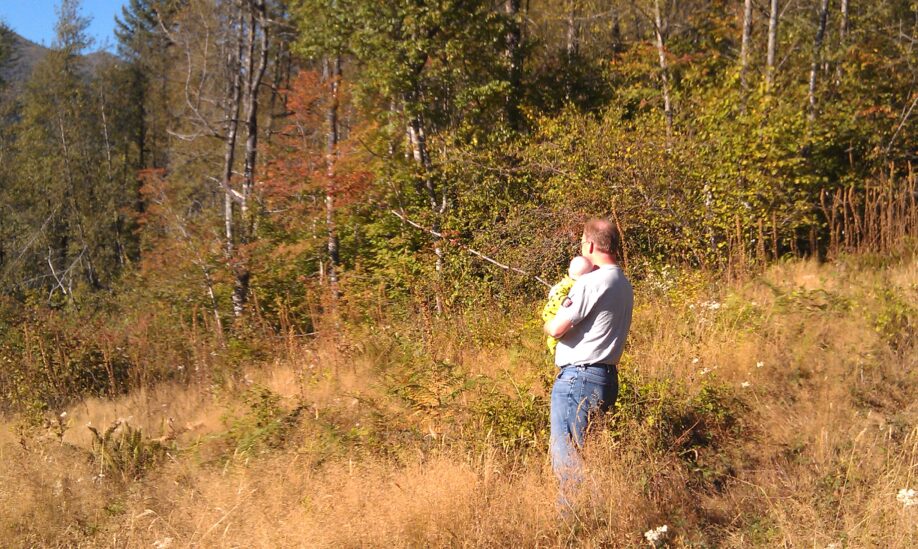 During my quiet time a couple of weeks ago, I came across a startling verse in Exodus about sojourners.
During my quiet time a couple of weeks ago, I came across a startling verse in Exodus about sojourners.
“You shall not oppress a sojourner. You know the heart of a sojourner, for you were sojourners in the land of Egypt” Exodus 23:9 ESV
The heart of a sojourner. The phrase stopped me in my tracks. NIV says, “the heart of a foreigner.” However, the two words are a little different in meaning. A foreigner simply means one who isn’t native to a place or community, but sojourner means: a temporary resident.
You might be thinking, I’m neither a foreigner nor a sojourner—and I don’t want to be! Are you a homebody? Maybe you like the familiar. Honestly, the older I get, the less I like to travel. Maybe you like adventure and travel but don’t have the funds to be a globetrotter.
Here’s something shocking I’ve discovered from Exodus 23:9:
The first proof that you have a sojourner’s heart: you were born.
Yep, the simple fact that we’ve emerged from our mother’s womb makes us sojourners. Want to know why?
Slavery – Proof #1

Jacques Descloitres, MODIS Rapid Response Team, NASA/sh, Public domain, via Wikimedia Commons
With our first breath, we become sojourners and slaves—like it or not—on this earth. Stay with me while I draw a parallel with the Bible’s description of Israel in Egypt, and I think you’ll see it.
Egypt is often described as the ancient womb. Partly because their history dates back to the infancy of the earth, but also because the nation itself is basically shaped like a uterus and birth canal! Which serves my next analogy perfectly…
Just as Joseph brought Jacob’s family (embryo Israel) to Egypt, and they grew into a nation under the protection and favor of Pharaoh, we ourselves are knit together in a womb until we’ve developed under the protection and care of our loving King-Creator. As Israel was placed under harsh taskmasters before their release from bondage, so an infant experiences violent contractions and enters the cold foreign world where he or she becomes a slave in the land of sin ruled by the Prince of Darkness (Eph. 2:1-2).
The original sin of the Garden meant death, the eventual end that awaits us all:
“By the sweat of your brow you will eat your food until you return to the ground, since from it you were taken; For you are dust, and to dust you shall return.” Genesis 3:19
After Adam and Eve sinned, they became slaves to sin and death. This broken earth was no longer their true home, nor would it be the permanent home for any of their descendants.
Loss – Proof #2
Have you ever been locked out of your car or home? I remember one day when a friend of mine locked herself out of her house. I saw her face pale the moment she realized it. Thankfully, one of her downstairs windows was unlocked, and for some reason, I was elected to climb in and unlock the front door. (Notice, there is no photo or video evidence of this event!)
Have you felt that same sinking feeling when you realized something is lost or broken? When you know there’s no going back? Something about a moment that changed your life forever, and it will require Herculean effort to fix it—or perhaps there is no fixing it at all.
Can you imagine what Adam and Eve felt when God locked them out of His beautiful Garden?
Please keep in mind that it was God’s MERCY that exiled them from the Garden so that they wouldn’t eat from the Tree of Life and live forever in a sinful state. Mortality and exile were shattering losses, but they came with God’s saving promise:
[God said to the serpent,] “And I will put enmity between you and the woman, and between your offspring and hers; he will crush your head, and you will strike his heel.” Genesis 3:15
I’m so glad I’ve seen the fulfillment of that promise! Satan struck Jesus’s “heel” on the Cross, but Jesus crushed Satan’s head with His Resurrection!
Only when we realize and embrace a sojourner’s heart of loss can we fully appreciate being found! Only when we understand what sin took from us can we understand the third proof of a sojourner’s heart.
Longing – Proof #3
I believe we feel longing from the moment we’re evicted from that warm, safe womb! Most infants squall the moment they’re born, “Let me back in there!” Not with words, of course, but they certainly communicate their longings from day one. Hunger. Dirty diapers. Gas.
What is the first longing you vividly REMEMBER going unmet? I remember the morning I couldn’t have chocolate milk for breakfast. I was devastated! Then I longed to be married—ummm, in second grade. Longings do get a little more intense as we get older. I longed for friendships and often felt rejected (still do—and I’m now a grandma!). I’ve longed for fun, for purpose, for importance. I want to be loved—madly, deeply, passionately. And I’ve been disappointed time-and-time again! But the setbacks became catalysts that turned my sojourner heart toward my TRUE home.
Our Heart’s True Home
Lest you get to the end of this post and think, Wow, I just wasted ten minutes and feel worse than when I started reading—let me assure you that a sojourner’s heart is a GOOD THING!
We may start out squalling and in bondage, but—like Israel’s Exodus from Egypt—God wants to lead us into freedom! Our God has placed that sense of loss and longing in every human heart so we’ll seek relationship with Him and live with Him in eternity!
A pastor friend of ours explained it as a “God-shaped void” in every one of us. Some try to fill it with other things that never quite satisfy: alcohol, wealth, work, or even good things like family, friends, or social causes. But there will always be something missing if Jesus isn’t at the center of it all:
“He has made everything beautiful in its time. He has also set eternity in the human heart; yet no one can fathom what God has done from beginning to end.” Ecclesiastes 3:11
What Does A Sojourner Heart Mean For You & Me?
King Solomon knew that everything under the sun was meaningless, but he didn’t say a sojourner’s heart needed to make us miserable.
“So I commend the enjoyment of life, because there is nothing better for a person under the sun than to eat and drink and be glad. Then joy will accompany them in their toil all the days of the life God has given them under the sun.” Ecclesiastes 8:15
Remember what started this whole thing? Exodus 23:9 said to be kind to sojourners because we know how it feels to be a sojourner. I believe Joseph knew what it meant to be a sojourner, which helped him live the extraordinary life we witness in Genesis 37-50.
Here are a few things I’ve learned from pondering Exodus 23 and writing In Feast or Famine (the story of Joseph’s life after he became Egypt’s vizier):
- When I realize everyone I meet is a sojourner—a fellow weary traveler—it’s a little easier to be patient, treat them kindly, and offer help when I see a need.
- When I realize this life under the sun is God’s gift to enjoy, why waste time on things that don’t honor Him or bring me joy?
- This earth is NOT where I belong, so the effects of sin, loss, and longing no longer need surprise or debilitate me. They’re painful but predictable potholes on a journey toward my eternal home.
Today’s Question:
- What’s the best thing you learned today about your sojourner’s heart?



